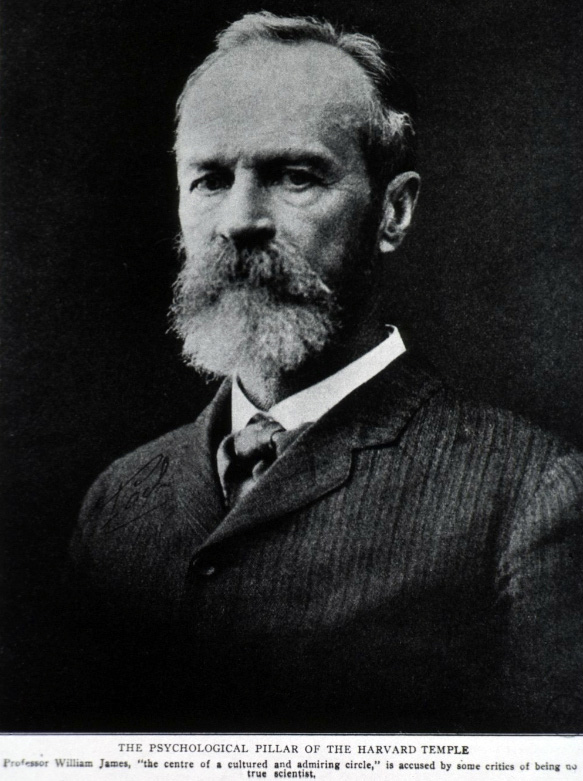[Editor’s Note: This essay resides within Anderson Blanton’s “The Materiality of Prayer,” a portal into Reverberations’ unfolding compendium of resources related to the study of prayer.]
* * *
Part II in an occasional series by Don Seeman on the materiality of Jewish prayer.
 Is thought a form of materiality? The question is not an innocent one. I once overheard two neuroscientists at a faculty mixer joking about some of their colleagues in the humanities who still did not yet seem to realize—they were incredulous, in a self-congratulatory, slightly tipsy sort of way—that “mind” is really just another word for “brain.” But what precisely is at stake in this polemic? I want to argue that there is no empirical question here but really a taxonomic one, and that reflection upon prayer—in my case, classical Jewish models of prayer—may help to reframe our mostly implicit taxonomies of matter and spirit in helpful and intellectually freeing ways. Is mind really just another word for brain? I think it depends on what you are asking.
Is thought a form of materiality? The question is not an innocent one. I once overheard two neuroscientists at a faculty mixer joking about some of their colleagues in the humanities who still did not yet seem to realize—they were incredulous, in a self-congratulatory, slightly tipsy sort of way—that “mind” is really just another word for “brain.” But what precisely is at stake in this polemic? I want to argue that there is no empirical question here but really a taxonomic one, and that reflection upon prayer—in my case, classical Jewish models of prayer—may help to reframe our mostly implicit taxonomies of matter and spirit in helpful and intellectually freeing ways. Is mind really just another word for brain? I think it depends on what you are asking.
Prayer has long served as a primary site for expressions of anxiety over the relationship between matter and spirit in human affairs. More than a hundred years ago, William James already complained about the “medical materialists” of his day, who thought they could reduce faith to a kind of nervous disorder, and he composed his Varieties of Religious Experience largely in response to that challenge. James, a psychologist, of course did not deny the material basis of mental function, nor did he argue in any simplistic way for the efficacy of prayer. He did however insist that the whole of a complex phenomenon like prayer is much more than just the sum of its parts, and that the existential force of religion must necessarily transcend any narrow account of its physiological mechanism. His empirical accounts of prayer were somewhat flawed from a modern anthropological point of view—they lacked ethnographic context and awareness of the role culture plays in the shaping of human affairs—but they rightly emphasized the holistic sense of personal transcendence that was linked to prayer in many of the narratives upon which he drew. Though today’s materialists have more impressive experimental tools at their disposal, James’ critique is an important reminder that these must be leveraged against broader interpretive approaches that examine prayer in the contexts in which it is lived.


